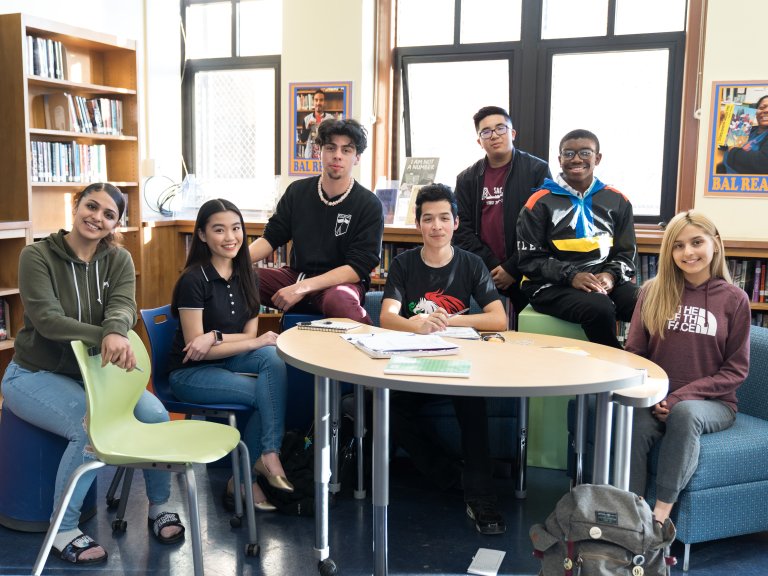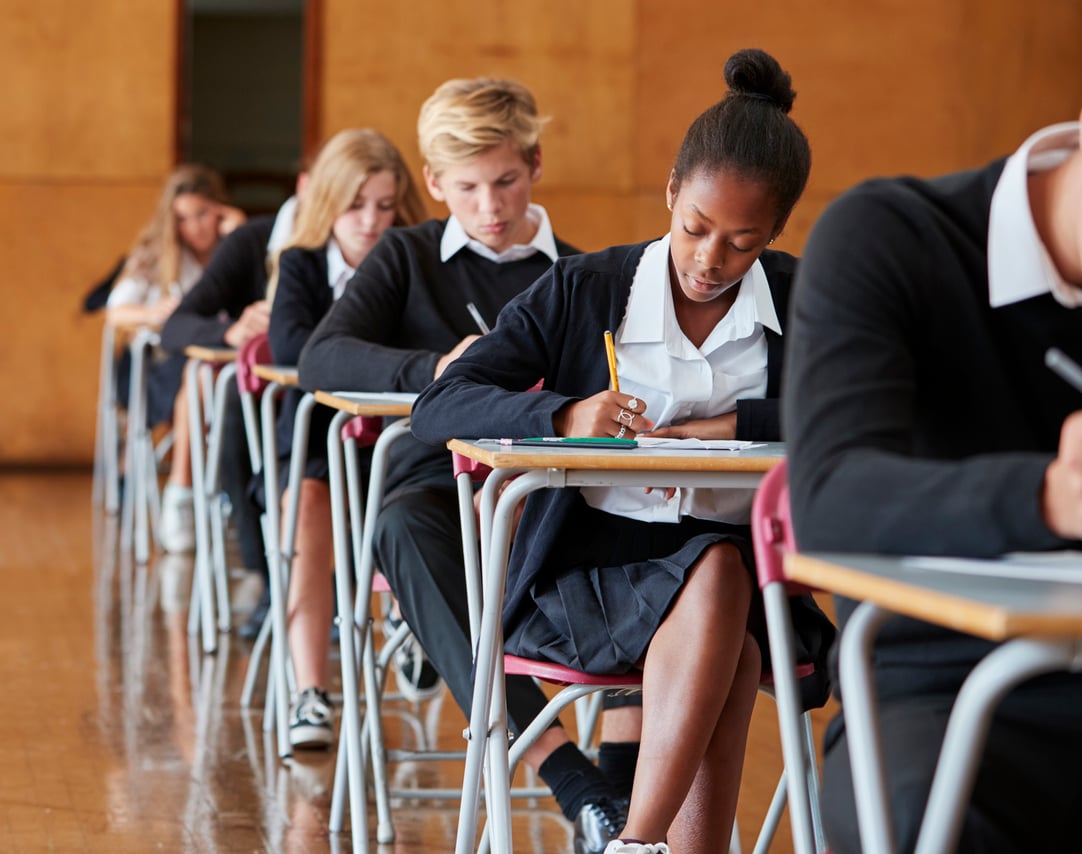Understanding the Importance of Schools in Youngster Growth and Area Growth
Institutions' interaction with local communities via service-learning efforts reinforces the bond between households and academic institutions. This symbiotic connection underscores the value of colleges in supporting active citizenship and lifelong discovering routines.
Academic Accomplishment
Academic accomplishment acts as a foundation of child growth, providing the structure whereupon future learning and success are built. Schools play a crucial duty in fostering this scholastic growth, using organized atmospheres where youngsters can get essential understanding and cognitive skills. Standard curricula ensure that trainees gain proficiency in core subjects such as mathematics, science, and language arts, which are crucial for both higher education and learning and specialist possibilities.
Along with giving basic scholastic skills, schools likewise cultivate critical reasoning, analytic abilities, and intellectual curiosity. These cognitive expertises are crucial for browsing intricate real-world scenarios and adapting to the ever-evolving needs of the contemporary work environment. Teachers, as facilitators of understanding, use diverse pedagogical approaches to deal with varied knowing designs, thereby making best use of specific trainee capacity.
Additionally, scholastic success is closely linked to self-confidence and motivation. Kids who experience academic success are most likely to establish a favorable self-concept and a lifelong enthusiasm for understanding. Institutions additionally supply various resources, such as libraries and innovation, which better boost the instructional experience and prepare students for a highly advanced society.
Social Ability Advancement
Beyond academic success, the role of schools in social ability development is vital. Schools offer as a primary location for children to discover and exercise crucial social abilities such as interaction, participation, and problem resolution. In the organized environment of a classroom, pupils connect with peers, teachers, and various other college team, offering many chances to develop these important capabilities.
Effective social skill advancement in schools is assisted in through group activities, collaborative tasks, and extracurricular programs. These interactions help trainees recognize social norms, develop compassion, and foster a feeling of neighborhood. Team projects instruct pupils just how to function together towards a typical goal, pay attention to different viewpoints, and browse differences constructively.

The growing of social abilities during academic year lays a structure for future personal and expert relationships. Save Temecula Schools. As students mature, the capacity to efficiently interact and team up becomes progressively crucial, emphasizing the school's crucial role in alternative kid development
Exposure to Diversity
Exposure to variety in schools is fundamental to fostering an inclusive state of mind and broadening students' viewpoints. Schools serve as a microcosm of the wider culture, and running into varied societies, languages, and socioeconomic histories within this environment equips students with essential abilities for navigating an increasingly globalized globe. This direct exposure motivates empathy, lowers bias, and advertises mutual respect among peers.
Diverse class additionally boost cognitive and social development. Research shows that trainees who engage with peers from varied backgrounds show far better analytic abilities and creative thinking. They find out to value different perspectives, which enhances class conversations and promotes an extra dynamic knowing Recommended Reading experience. This understanding of variety prepares pupils for future offices that worth multicultural competence.

Neighborhood Engagement
The advantages of varied class expand beyond the college wall surfaces, cultivating a solid feeling of area involvement amongst pupils. By connecting with peers from various cultural, socioeconomic, and ethnic backgrounds, trainees acquire a wider viewpoint and a recognition for variety. This exposure encourages them to become active residents who want to contribute favorably to their communities.
Colleges that highlight community engagement often include service-learning jobs, which enable students to resolve real-world troubles while using scholastic abilities. These tasks not just improve students' understanding of their coursework yet also instill a feeling of duty and empathy. Furthermore, partnerships between colleges and regional organizations offer trainees with opportunities to take part in area events, better solidifying their duty as positive community participants.
Additionally, adult and community participation in schools reinforces the bond in between academic institutions and the areas they serve. They produce a joint environment that profits all stakeholders when colleges open their doors to area events, workshops, and volunteer chances. This common support group makes sure that trainees obtain holistic advancement, preparing them to come to be well-rounded people who add and value to their areas. Via these efforts, institutions play a crucial role in nurturing neighborhood engagement and promoting social development.
Lifelong Learning Routines
Creating lifelong knowing routines is important for a child's continual development and flexibility in an ever-changing globe. Colleges play a pivotal duty in instilling these behaviors by developing a setting that cultivates inquisitiveness, critical thinking, and a love for understanding. With diverse curricula and after-school activities, teachers encourage students to explore various subjects, analyze information seriously, and apply their learning to real-world situations.

In addition, institutions offer an organized setting where youngsters can develop self-discipline and time management abilities, both of which are important for continual understanding. By emphasizing the significance of setting goals, mirroring on progress, and adapting methods, schools prepare pupils to navigate the intricacies of grown-up life, guaranteeing they continue to be long-lasting students and contributors to society.
Final Thought
In conclusion, colleges are necessary in promoting youngster growth and area development by offering settings favorable to academic achievement, social ability advancement, and direct exposure to diversity. Ultimately, schools grow lifelong learning routines, gearing up people with the essential expertise and skills to add positively to culture.
In the organized setting of a class, students communicate with peers, instructors, and other school team, using many possibilities to create these vital capabilities.
In essence, direct exposure to variety within institutions not only improves specific trainees yet likewise reinforces the social textile of the community as a whole.
The benefits of varied classrooms extend beyond the institution wall surfaces, cultivating a solid feeling of area involvement among students.Schools that highlight neighborhood interaction often include service-learning tasks, which permit pupils to address real-world problems while applying academic abilities. Collaborations in between colleges and neighborhood companies give pupils with possibilities to take part in neighborhood occasions, additionally strengthening their function as More hints positive neighborhood members.